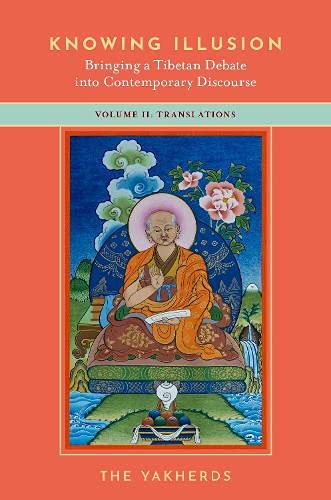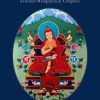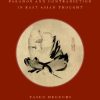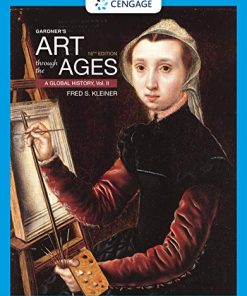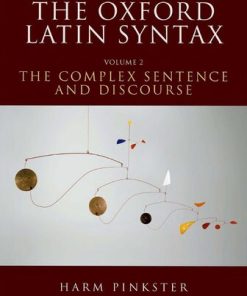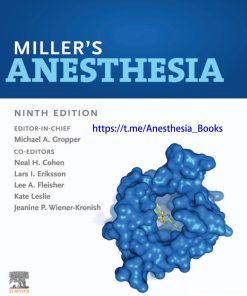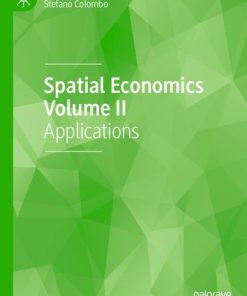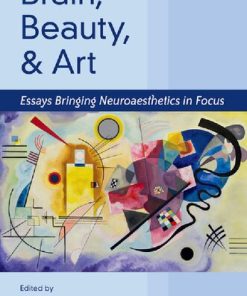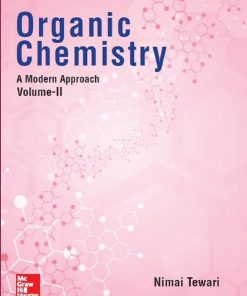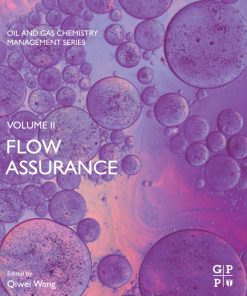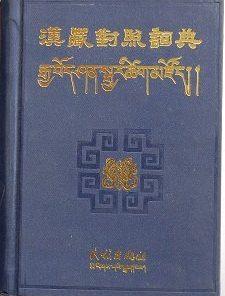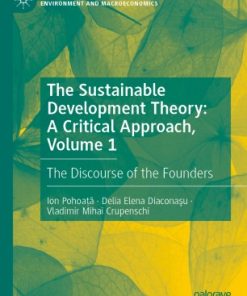Knowing Illusion: Bringing a Tibetan Debate into Contemporary Discourse: Volume II: Translations 1st Edition
$50.00 Original price was: $50.00.$25.00Current price is: $25.00.
Knowing Illusion: Bringing a Tibetan Debate into Contemporary Discourse: Volume II: Translations 1st Edition – Ebook Instant Download/Delivery ISBN(s): 9780197603703, 019760370X
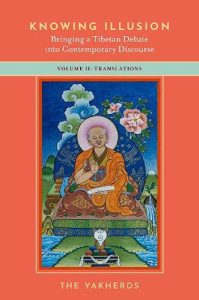
Product details:
- ISBN-10: 019760370X
- ISBN-13: 9780197603703
- Author: The Yakherds
Tsongkhapa (1357-1419) is by any measure the single most influential philosopher in Tibetan history. His articulation of Prasangika Madhyamaka, and his interpretation of the 7th Century Indian philosopher Candrakirti’s interpretation of Madhyamaka is the foundation for the understanding of that philosophical system in the Geluk school in Tibet. Tsongkhapa argues that Candrakirti shows that we can integrate the Madhyamaka doctrine of the two truths, and of the ultimate emptiness of all phenomena with a robust epistemology that explains how we can know both conventional and ultimate truth and distinguish truth from falsity within the conventional world. The Sakya scholar Taktsang Lotsawa (born 1405) published the first systematic critique of Tsongkhapa’s system. In the fifth chapter of his Freedom from Extremes Accomplished through Comprehensive Knowledge of Philosophy, Taktsang attacks Tsongkhapa’s understanding of Candrakirti and the cogency of integrating Prasangika Madhyamaka with any epistemology. This attack launches a debate between Geluk scholars on the one hand and Sakya and Kagyu scholars on the other regarding the proper understanding of this philosophical school and the place of epistemology in the Madhyamaka program. This debate raged with great ferocity from the 15th through the 18th centuries, and continues still today. These two volumes study that debate and present translations of the most important texts produced in that context. Volume I provides historical and philosophical background for this dispute and elucidates the philosophical issues at stake in the debate, exploring the principal arguments advanced by the principals on both sides, and setting them in historical context. This volume presents English translations of each of the most important texts in this debate.
Table contents:
1. Taktsang Lotsawa Sherab Rinchen, Freedom from Extremes Accomplished through Comprehensive Knowledge of Philosophy, Chapter 5 (translated by Thomas Doctor and Ryan Conlon with Jay L. Garfield and John Powers)
2. Mikyö Dorjé, Karmapa VIII, an Excerpt from One Hundred Thousand Discussions of Mahāmudrā and an Excerpt from Chariot of the Dakpo Kagyü Adepts (translated by Thomas Doctor with Jay L. Garfield and John Powers)
3. Panchen Losang Chökyi Gyaltsen, The Lion’s Roar of Scripture and Reasoning: A Response to the Objections of Drapa Sherab Rinchen (translated by José Cabezón and Sonam Thakchöe with Jay L. Garfield and John Powers)
4. Wangchuk Dorjé, Karmapa IX, Concise Compendium of the Middle Way and Conferring the Definitive Meaning (translated by Ryan Conlon with Thomas Doctor, Jay L. Garfield, and John Powers)
5. Purchok Ngawang Jampa, Diamond Slivers: A Rejoinder to Taktsang Lotsawa (translated by Ryan Conlon and Thomas Doctor with Jay L. Garfield and John Powers)
People also search:
examples of illusion of knowing
illusion of knowing definition
the illusion of knowing something
what does illusion of knowledge mean
can detect magic see illusions
is our perception of reality an illusion
You may also like…
Languages - Latin Language Reference
The Oxford Latin Syntax, Volume II: the Complex Sentence and Discourse Harm Pinkster
Medicine - Anesthesiology and Intensive Care
Miller’s Anesthesia, 2-Volume Set: Volume I + II 9th Edition Michael A. Gropper Md Phd (Editor)
Business & Economics - Mathematical Economics
Medicine - Neuroscience
Brain, Beauty, and Art: Essays Bringing Neuroaesthetics into Focus
Uncategorized
Languages - Dictionaries


